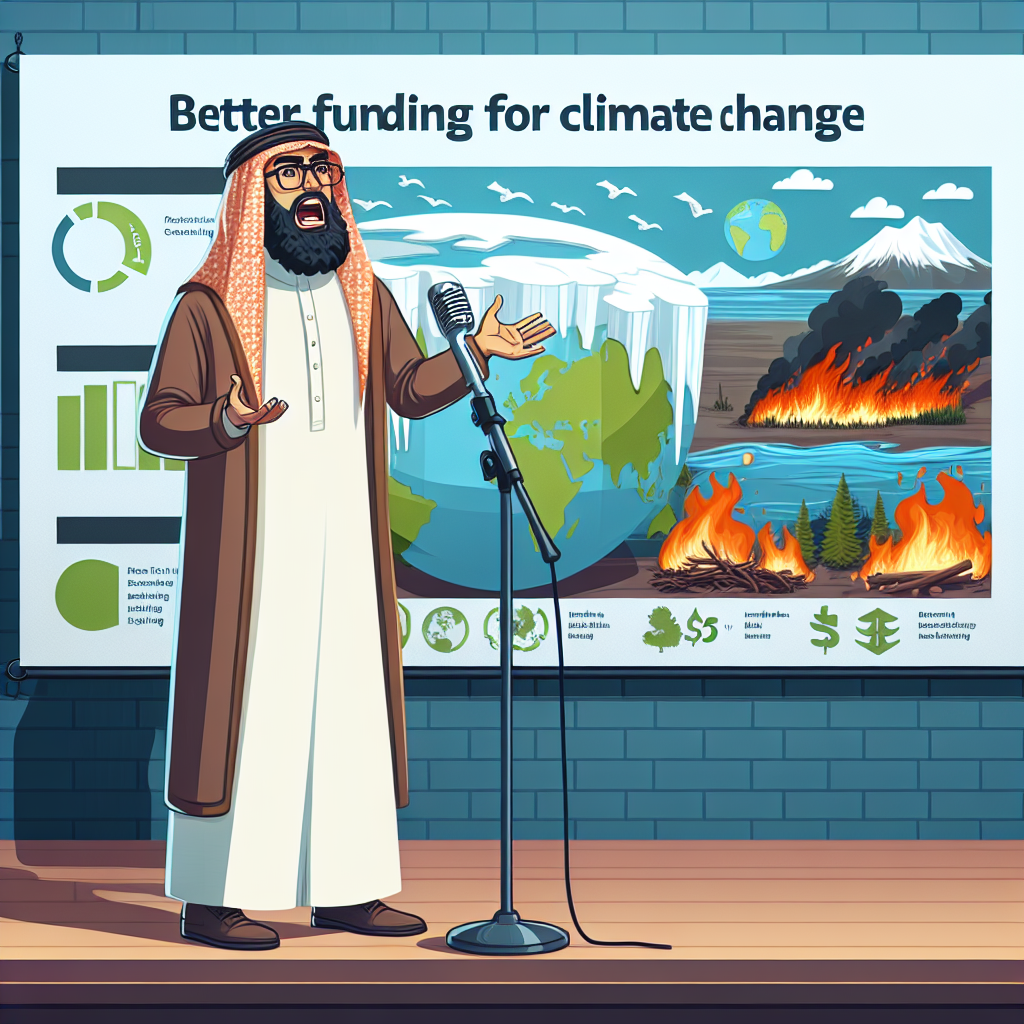Reports reveal an unequal distribution of funds in the fight against climate change, with a staggering 80% of the funds being allocated to the Global North, leaving only 20% for the Global South. This alarming disparity was highlighted by Majid Al Suwaidi, CEO of Alterra, during an interview with Bloomberg’s Horizons Middle East and Africa host Joumanna Bercetche at Abu Dhabi Finance Week.
According to Al Suwaidi, the first crucial step towards reducing global temperatures is to increase the availability of finance. This statement comes at a time when the world is facing the devastating effects of climate change, with extreme weather events, rising sea levels, and loss of biodiversity becoming increasingly common.
The unequal distribution of funds is a major hindrance in the fight against climate change, as developing countries in the Global South are the most vulnerable to its impacts. These countries often lack the resources and technology to adapt to and mitigate the effects of climate change, making them heavily reliant on financial support from developed nations.
The impact of this unequal distribution of funds is evident in the slow progress made in achieving the goals set by the Paris Agreement. The agreement aims to limit global temperature rise to well below 2 degrees Celsius, with a target of 1.5 degrees. However, without adequate funding, developing countries will struggle to implement the necessary measures to reduce their carbon emissions and adapt to the changing climate.
Furthermore, the unequal distribution of funds also perpetuates global inequalities and hinders the achievement of sustainable development goals. Climate change disproportionately affects the most vulnerable communities, exacerbating poverty and hindering economic growth.
In light of these challenges, Al Suwaidi’s call to increase finance for climate action is crucial. It is imperative for developed nations to fulfill their commitments to provide financial support to developing countries in their efforts to combat climate change. This will not only help in reducing global temperatures but also promote global equity and sustainable development.
In conclusion, the unequal distribution of funds in tackling climate change is a pressing issue that needs to be addressed urgently. The call to increase finance for climate action by Majid Al Suwaidi serves as a reminder of the importance of global cooperation and solidarity in the fight against climate change. It is time for developed nations to step up and fulfill their responsibilities in creating a more sustainable and equitable world for all.

